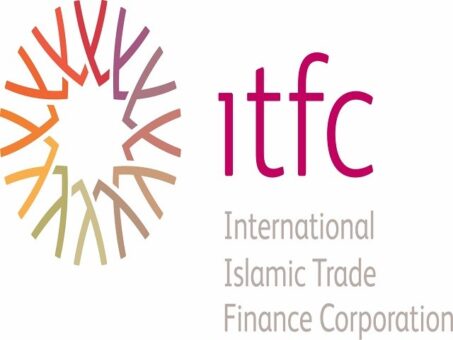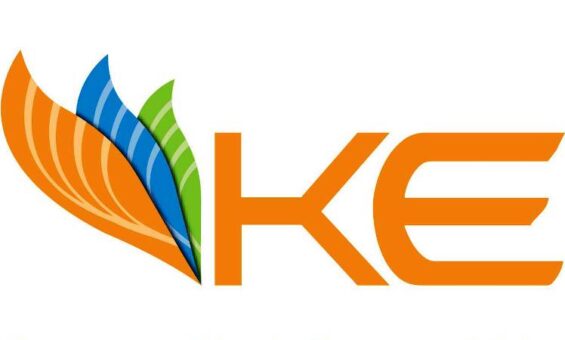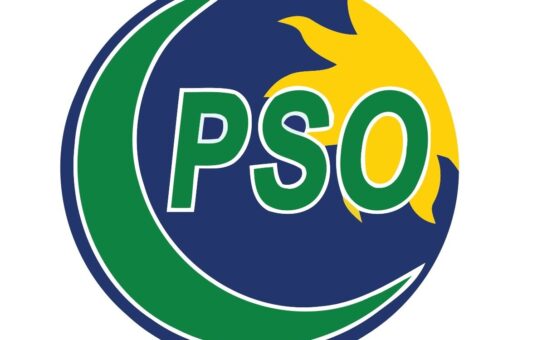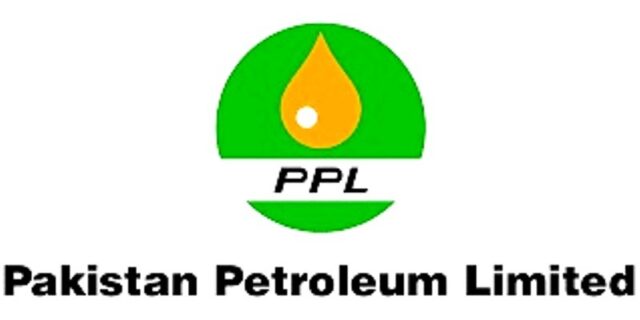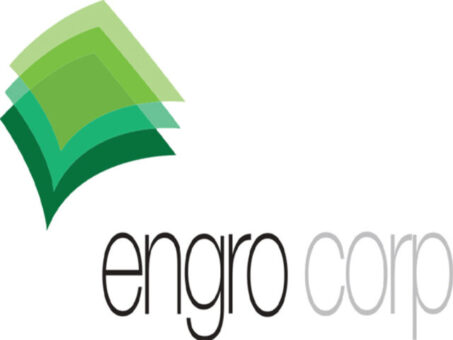ISLAMABAD: The federal government has announced a reduction of 73 per cent in sales tax rate on supply of petrol in order lower the impact of high global oil prices.
In this regard the Federal Board of Revenue (FBR) issued a notification i.e. SRO 1450(I)/2021 to reduce the sales tax rate on petrol and High Speed Diesel (HSD).
According to the notification the rate of sales tax has been reduced to 1.43 per cent from the rate of 6.84 per cent. The FBR issued previous notification SRO 1327(I)/2021 on October 7, 2021.
The revenue body also reduced the rate of sales tax on High Speed Diesel (HSD) to 6.75 per cent from 10.32 per cent.
However, the sales tax rates on kerosene and Light Diesel Oil (LDO) have been kept unchanged at 6.70 per cent and 0.20 per cent, respectively.
It is worth mentioning here that the normal rate of sales tax is 17 per cent. The present government has already reduced the rate of sales tax on petroleum products to the lowest level to minimize the impact of sharp rise in global oil prices.
The government on November 04, 2021 notified increased in petroleum prices, which are now all time high.
The petrol was fixed at Rs145.82 per litre instead of Rs137.79, showing an increase of Rs8.03. The price has been increased from previous high of Rs137.79.
Similarly, the price of high speed diesel has been increased by Rs8.14 to Rs142.62 from Rs134.48.
The rate of kerosene oil has been increased by 6.27 per liter to Rs116.53 from Rs110.26. Likewise, the price of light diesel oil has been increased by Rs5.72 per liter to Rs114.07 from Rs108.35.
A notification issued by the Finance Division stated that on November 01, 2021, the prime minister had not agreed with the proposals worked out by the Oil and Gas Regulatory Authority (OGRA) and the finance division directed to maintain the prices as notified on October 16, 2021.
It is pertinent to mention that maintaining the October 16, 2021 petroleum prices had some underlying concerns for cash flow issues due to short recovery of the cost, according to the statement.
It is important to note that in the previous petroleum prices, already a significant relief was provided to the consumers. The government is cognizant of its responsibility to provide maximum relief to the consumers.
“This has dented the petroleum levy budget of Rs152.5 billion during July – September, 2021 as compared to Rs20 billion realized only,” it said.
Foregoing in view, prices of petroleum products have been increased partially as compared to the prices being worked out by the OGRA. If the government had accepted OGRA’s recommendations, the new prices would have been much higher.
Infact, the government has absorbed the bulk of the pressure after making adjustment after making adjustment in the sales tax and petroleum levy. The collection of petroleum levy is far short of its fixed target for the first quarter of the fiscal year 2021/2022, it added.

